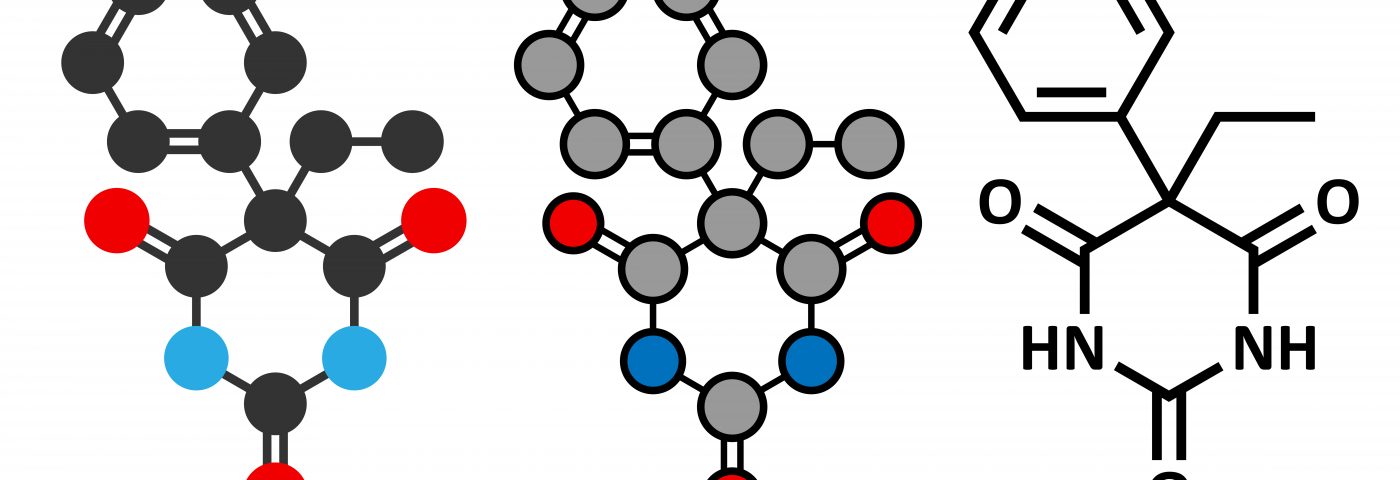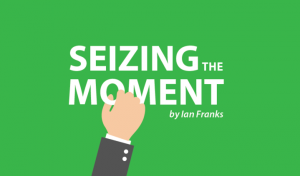In 1972, just after being diagnosed with epilepsy, I was put on two drugs. I later discovered that I had been taking an addictive barbiturate for 30 years. They were Epanutin (phenytoin) and phenobarbital. Then, at only 19 years old, I just took my medication without complaint and without question. Side effects were not even a consideration; the anti-convulsive benefits were all that mattered.
Even three decade later in the run up to my diagnosis of multiple sclerosis, the neurologist said that he was putting me on more modern medicines because the phenytoin and phenobarbital were, in his words, “old-fashioned.” That was certainly true as it was first prescribed for epilepsy in 1912. No mention of possible side effects, though.
So, let’s take a closer look at phenobarbital and its side effects.
Phenobarbital is a barbiturate, a group of drugs that have calming effects that range from mild relaxation to an inability to feel pain — and even loss of consciousness. They are highly addictive and became popular as recreational drugs used by young people in the 1960s. Use of the drugs, for medical reasons or abused, has dropped since then because safer medicines have been developed and other recreational drugs have come to the fore.
Side effects of barbiturates, including phenobarbital, include:
- Drowsiness
- Relaxation
- feeling sick
- Lack of coordination
- Headache
- Vomiting
- Confusion
- Problems with remembering things
Worse still, symptoms of an overdose can include:
- Lack of coordination
- Slurred speech
- Difficulty in thinking
- Poor judgment
- Drowsiness
- Shallow breathing
- Coma
- Death
Considering all these risks from side effects to overdose, I am grateful to have had my epilepsy medication changed 14 years ago.
Generally speaking, though, do we really pay enough attention to those patient information leaflets that come tucked inside each pack of tablets these days? Do we read the potential side effects that have to be listed on each one?
I certainly didn’t for 30 years, and in most cases the majority of us still probably don’t. We want the benefits without much concern for the risks.
Note: Epilepsy News Today is strictly a news and information website about the disease. It does not provide medical advice, diagnosis, or treatment. This content is not intended to be a substitute for professional medical advice, diagnosis, or treatment. Always seek the advice of your physician or other qualified health provider with any questions you may have regarding a medical condition. Never disregard professional medical advice or delay in seeking it because of something you have read on this website. The opinions expressed in this column are not those of Epilepsy News Today, or its parent company, BioNews Services, and are intended to spark discussion about issues pertaining to Epilepsy.



